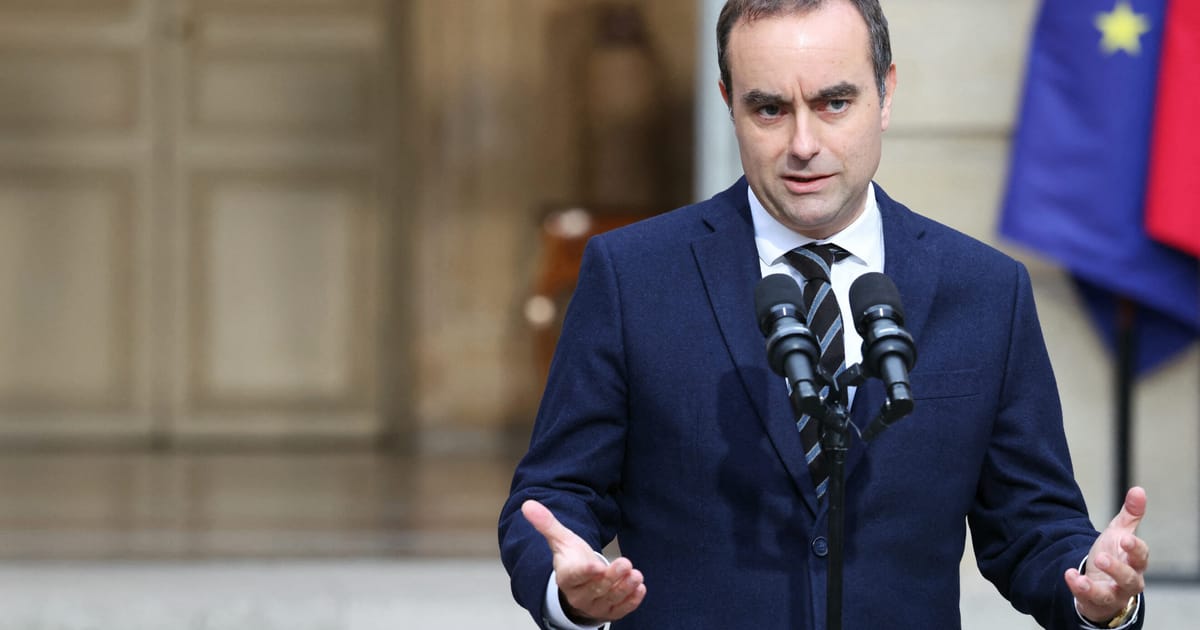On the whole there are few fresh faces in Lecornu’s government, a sign that the political forces represented in Macron’s successive administrations remain broadly the same, despite Lecornu’s being the French president’s fifth prime minister in less than two years.
Many ministers from Macron’s centrist camp kept their posts, including Education Minister Elisabeth Borne and Overseas Territory Minister Manuel Valls — both former prime ministers themselves. Foreign Minister Jean-Noël Barrot, Justice Minister Gérald Darmanin and Budget Minister Amélie de Montchalin all stayed in post as well.
Bruno Retailleau, the hardline leader of the conservative Les Républicains, will remain as interior minister. Fellow conservatives Annie Genevard and Rachida Dati will stay on as agriculture and culture ministers, respectfully.
The 39-year-old Lecornu, a close Macron ally, has been handed the arduous task of trying to negotiate a slimmed-down budget after his predecessor, François Bayrou, was toppled in a no-confidence vote last month.
On Friday, Lecornu offered a significant concession to opposition parties by promising not to use a controversial constitutional maneuver that allows the government to pass legislation without a vote.
The former armed forces minister has signaled he is ready to make some major budgetary concessions to the left-wing socialist party to secure their support. But he must tread carefully to keep the conservative Les Républicains on board.
Retailleau had warned in recent days that his participation in the government was not set in stone and demanded assurances on the new Cabinet’s economic and immigration policy.
